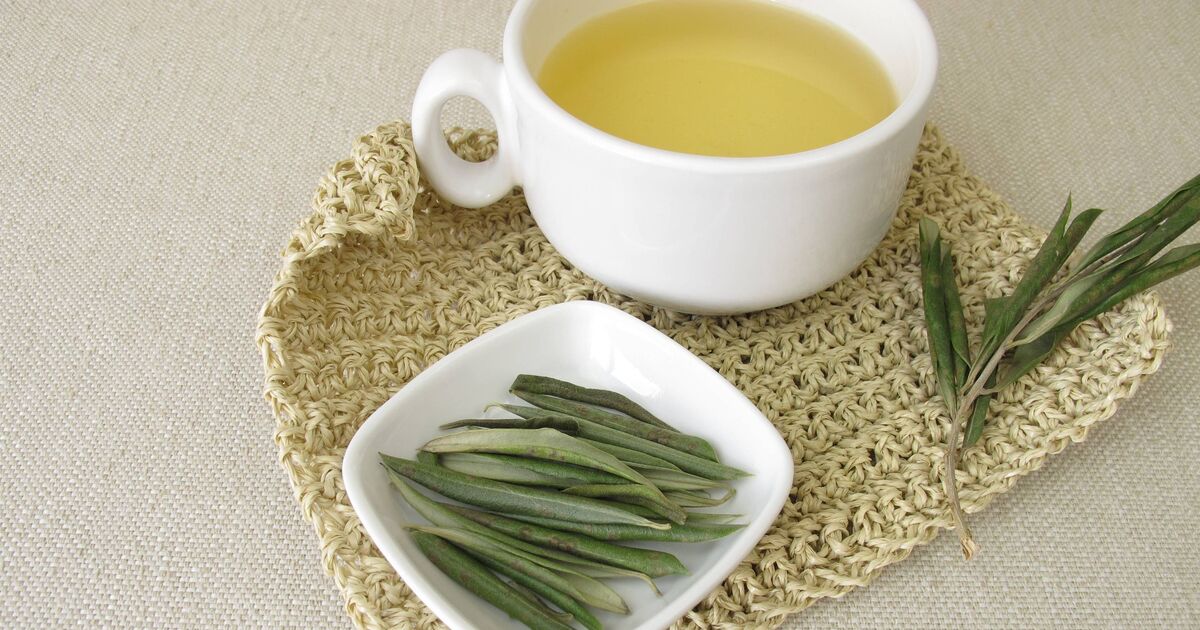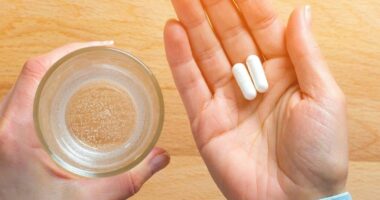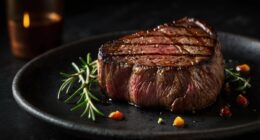Tea, bread or salad made from an unusual leaf sometimes used to treat fever and ward off mosquitos in the Mediterranean could help cut obesity, diabetes, high blood pressure and heart disease. Many people are aware of the health benefits of olive oil, but most won’t have heard of the reported impact of olive leaves.
Evangeline Mantzioris, Director of Nutrition and Food Sciences at the University of South Australia, said the leaves contain high levels of a type of antioxidant called oleuropein. Olives and olive oil contain the same compound, but at lower levels.
She said olive leaves also contain other antioxidants such as hydroxytyrosol, luteolin, apigenin and verbascoside.. Evangeline told The Conversation : “Antioxidants work by reducing the oxidative stress in the body. Oxidative stress causes damage to our DNA, cell membranes and tissues, which can lead to chronic diseases such as cancer and heart disease.
“One review and analysis combined data from 12 experimental studies with 819 participants in total. Overall, olive leaf extract improved risk factors for heart disease. This included healthier blood lipids (fats) and lowering blood pressure. The effect was greater for people who already had high blood pressure.”
Some consume the leaves in tea, salad or bread while the leaf extract can also be turned into a pill.
Most studies gave olive leaf extract as a capsule, with daily doses of 500 milligrams to 5 grams for six to 48 weeks. Other studies used daily doses of 250-1,000mg taken as tablets or baked into bread.
Evangeline said: “Individual studies in the review showed significant benefits in improving blood glucose (sugar) control, blood lipid levels and reducing blood pressure. But when all the data was combined, there were no significant health effects. We’ll explain why this may be the case shortly.”
Another review looked at people who took oleuropein and hydroxytyrosol (the antioxidants in olive leaves). This found significant improvement in body weight, blood lipid profiles, glucose metabolism and improvements in bones, joints and cognitive function.
The individual studies included tested either the two antioxidants or olive leaf incorporated into foods such as bread and cooking oils (but not olive oil). The doses were 6-500mg per day of olive leaf extract.
Evangeline said: “So what can we make of these studies overall? They show olive leaf extract may help reduce blood pressure, improve blood lipids and help our bodies handle glucose. But these studies show inconsistent results. This is likely due to differences in the way people took olive leaf extract, how much they took and how long for. This type of inconsistency normally tells us we need some more research to clarify the health effects of olive leaves.
“Olive leaves can be brewed into a tea, or the leaves added to salads. Others report grinding olive leaves into smoothies. However the leaves are bitter, because of the antioxidants, which can make them hard to eat, or the tea unpalatable.
“Olive leaf extract has also been added to bread and other baked goods. Researchers find this improves the level of antioxidants in these products and people say the foods tasted better.”
She added: “If you have high blood pressure, diabetes or raised blood lipids you may see some benefit from taking olive leaf extract. But it is important you discuss this with your doctor first and not change any medications or start taking olive leaf extract until you have spoken to them.
“But there are plenty of antioxidants in all plant foods, and you should try to eat a wide variety of different coloured plant foods. This will allow you to get a range of nutrients and antioxidants. Olive leaf and its extract is not going to be a panacea for your health if you’re not eating a healthy diet and following other health advice.”










